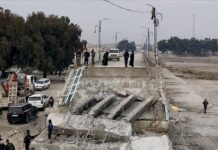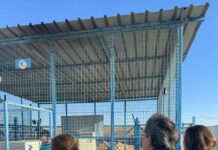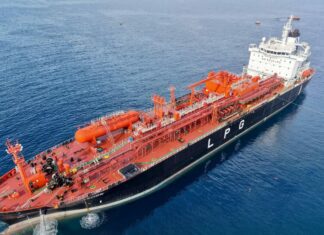
Damascus hosted the twenty-sixth session of the Committee on Transport and Logistics of the UN Economic and Social Commission for Western Asia (ESCWA), with senior officials and representatives from transport ministries across Arab countries in attendance. This gathering marks the first UN event in the transport sector held in Syria in over fifteen years signaling the country’s re-emergence in regional technical cooperation.
The committee reviewed several major agenda items, including the facilitation of digital trade, the role of digitization in supporting sustainable transport, and the effects of climate change on the regional transport sector. Delegates also examined Syrian proposals related to documents submitted by ESCWA and discussed new visions aligned with the priorities of the Syrian Ministry of Transport for the coming period.
A Historic Center for Trade Movement
Transport Minister Yarub Badr emphasized the significance of Damascus’s role as host, describing the session as an essential step toward strengthening regional cooperation. He noted that Damascus has historically served as a hub for movement and trade and continues to play a central role in connecting regional markets.
Badr stressed that the transport sector is a vital artery of the economy and a foundation for regional integration. He outlined the challenges facing Syria and neighboring countries, particularly in reconstruction, infrastructure modernization, and the adoption of smart and digital technologies.
Kareem Khalil, Secretary-General of ESCWA, explained convening the session in Damascus carries special weight due to the city’s historical identity as a crossroads for trade routes. He described the profound transformations currently reshaping the transport sector, driven by three principal waves: digitization, sustainability, and data.
Khalil emphasized that digitization has become central to the evolution of supply chains, sustainability is necessary for protecting transport infrastructure, and data now forms the basis for informed decision-making in the sector. He highlighted that “Arab Vision 2045” provides a comprehensive framework for building an integrated Arab transport system capable of advancing regional development.
Launch of the UN Sustainable Transport Program 2026–2035
Adil al-Ghabri, Economic Affairs Officer at ESCWA, stated that the meeting coincides with the launch of the UN Sustainable Transport Program 2026–2035. The program is a strategic roadmap helping developing countries establish sustainable and efficient transport systems that account for social and environmental dimensions as well as future challenges.
Ghabri expressed hope that holding the session in Damascus would enhance regional cooperation on issues such as digitization, transport services, infrastructure development, disaster resilience, and investment in the transport sector.
Hosting this session, after a prolonged absence from regional engagement, represents an important opportunity for Syria to reestablish channels of technical and economic cooperation with Arab countries. Syria’s renewed presence in regional forums reflects its ability to convert diplomatic reintegration into practical outcomes that serve citizens at a time of ongoing economic pressures and longstanding infrastructure needs.








